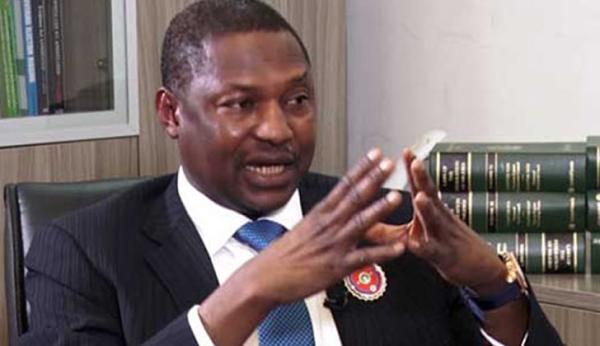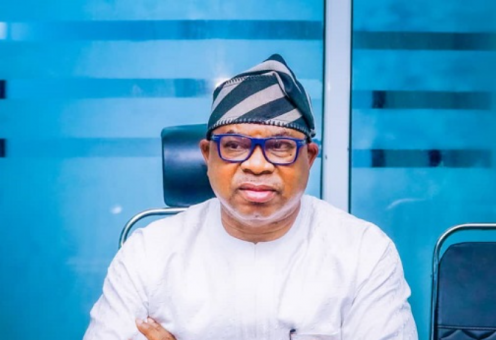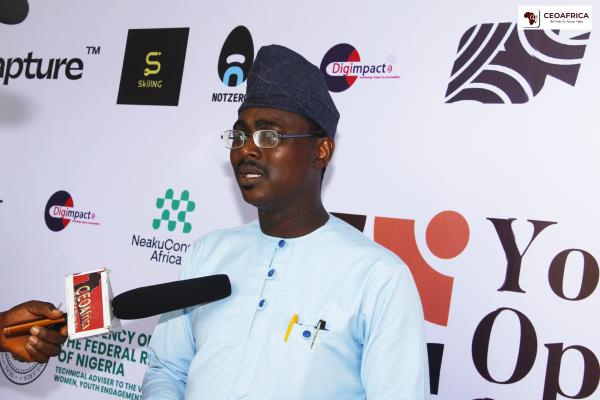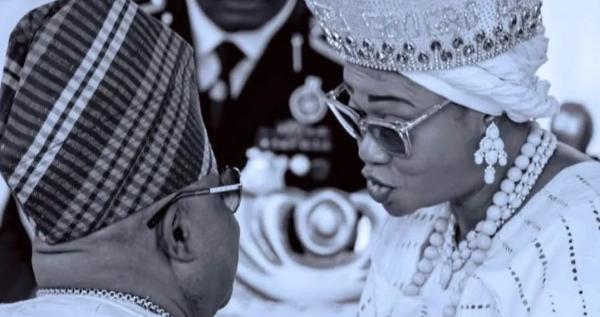
US President Barack Obama has urged US senators to hold off from proposing more sanctions against Iran to allow time for world powers to complete a deal on Iran's nuclear programme.
This was disclosed in a statement from the white house after a two hour talk between President Obama and senators at the White House on Tuesday, along with Secretary of State John Kerry and National Security Adviser Susan Rice.
The White House in the statement stated that they have the opportunity to halt the progress of the Iranian programme and roll it back in key respects, while testing whether a comprehensive resolution can be achieved adding that if there was not an initial agreement, Iran would grow its stockpiles of enriched uranium, install new centrifuges and develop a plutonium reactor in the city of Arak.
Press secretary Jay Carney said Mr Obama had told the senators new sanctions would be most effective as a consequence if Iran refused to accept the deal now on the table or agreed and then failed to comply.
The president also rejected reports that Iran would receive at least $40bn (£25bn) in sanctions relief.
Since 2006 the UN Security Council has imposed a series of sanctions on entities and people involved in Iran's nuclear programme.
Separate US and EU sanctions have targeted Iran's energy and banking sectors, crippling its oil-based economy.
Iran says its nuclear programme is for peaceful means, but the US and its allies suspect Tehran is trying to develop a nuclear weapon.
In another sign of warmer relations between Iran and the West, the UK's David Cameron on Tuesday became the first British prime minister in more than a decade to hold a telephone call with an Iranian president.
A Downing Street spokesman said Mr Cameron and President Hassan Rouhani discussed Iran's nuclear programme and the situation in Syria.
The two men "agreed to continue efforts to improve the relationship" between the UK and Iran, the spokesman added.
The so-called P5 1 are the five permanent members of the UN Security Council- the US, UK, France, Russia and China - plus Germany.






















